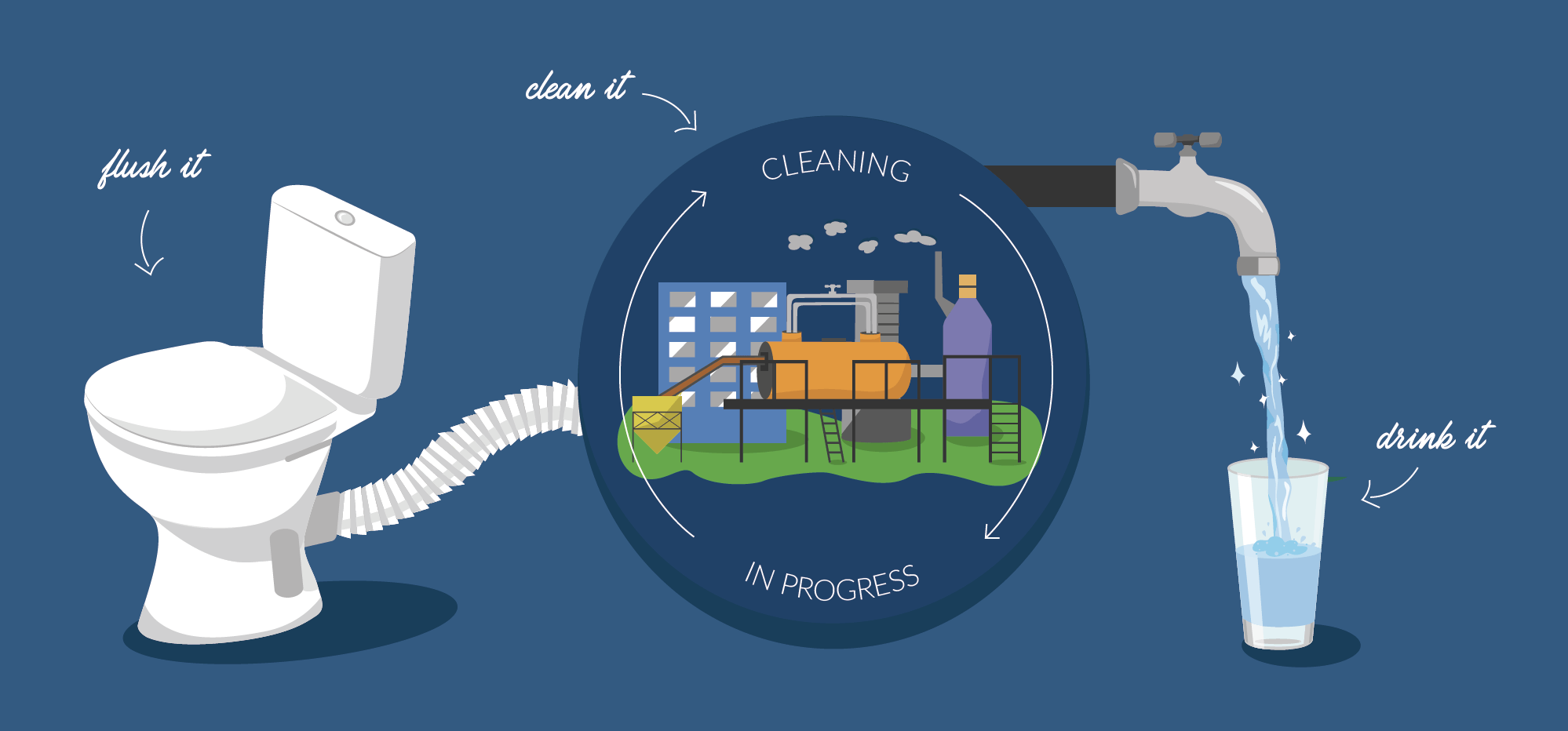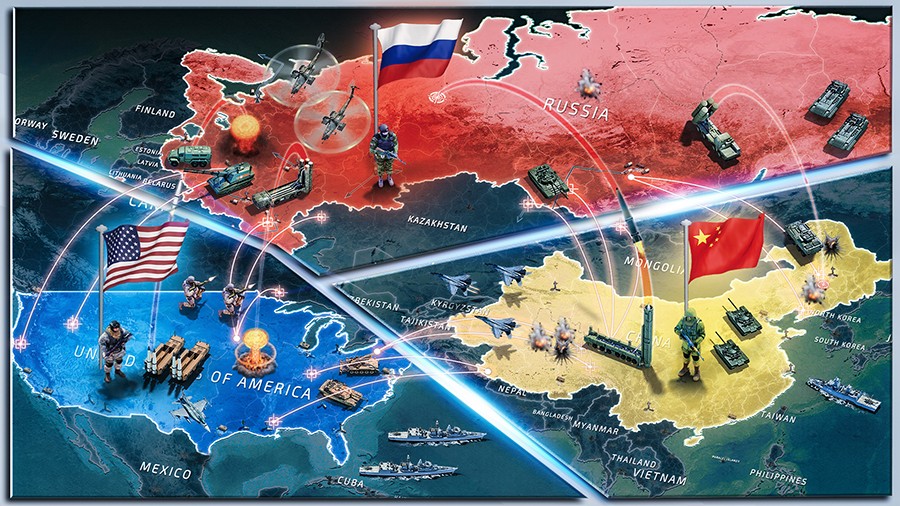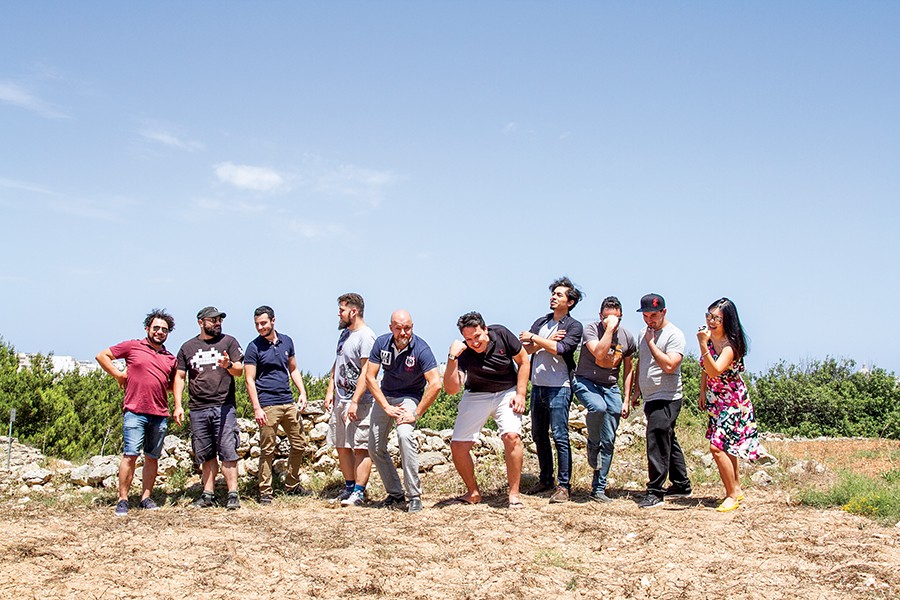At face value, renewable energy seems the smartest choice for a cleaner tomorrow. But when green energy cannot be stored, what do we do during scorching summer afternoons and cold winter nights? Cassi Camilleri speaks to Prof. Joseph Cilia and his team to find out more about the innovative solution they are developing.
The movement towards sustainability has been ramping up over decades. Now, it feels like it has reached fever pitch. Headlines are hogged by the latest scary statistic on air, land, or sea pollution. People are rallying, demanding that new measures be implemented to reduce waste and clean up our streets. Despite this call, real advances on these issues always manage to find themselves obstructed by seemingly ‘rational’ arguments.
For one, renewable energy isn’t as reliable and cheap as fossil fuels. Overhauling the status quo is expensive and requires significant effort, both of which make people frown. Solar power depends on the sun, wind power depends on wind, both of which are quite unpredictable. But while this is true, it shouldn’t even be considered an issue. We live in a country on the receiving end of 550,000 GWh of solar energy annually, while we need only 3,484 GWh to cover all energy consumption. Let that sink in.
Of course, I hear your concerns about the quantity of solar panels needed to harvest that energy—Malta is so small and built up. But in reality, only 28% of our island is built up, and just 7% of the remaining land would be required to meet the total energy demand. So yes. There are solutions to our energy woes. And those solutions need to be combined to create the best results.
Thanks to support from Abertax Kemtronics and MCST (Malta Council for Science and Technology), Prof. Joseph Cilia and his team of researchers (Department of Industrial Electrical Power Conversion, University of Malta [UM]) have found that houses with a normal-sized photovoltaic system can supply more than 100% of the total energy they need during summer. During winter, that figure falls to 50%. To manage this drop, energy can be supplied through other sources. Enter the Micro-CHP.
A small combined heat and power (CHP) machine provides seasonal energy in two forms: electrical and thermal. It consists of a standard internal combustion engine coupled with a generator that produces electrical energy. The thermal energy resulting from the engine and exhaust is then recovered using water heat exchangers and reused to heat the house and domestic water.
While similar systems already exist, most are geared towards industrial applications. The rest cost, on average, around €15,000—pricing a large cross-section of society out. The system Cilia and his team have developed makes use of a grid PV system, combined with battery energy storage, a heating and cooling heat pump load, a CHP machine, and LED lighting. It is also an easy-to-install, plug-and-play solution that fits into your current setup, as opposed to a complex installation that would force everything to change with it. By the end of it, the team’s CHP will cost the consumer around €8,000.
Their study of Maltese households showed that in a typical medium-sized household, energy needs vary substantially. The energy fluctuations for a typical Maltese household are usually about 500 kWhr between the summer and winter seasons. In this case, storing this energy in a battery is not feasible. What is feasible is simply making more efficient use of the LPG gas tank that most people already have and use at home. If one wants to be renewable, one can also use ethanol or methanol to operate the CHP, which, if used in combination with a heat pump, can easily reach an efficiency of 150% to 180% in heating mode.
Added to this, the team’s system is unique compared to others on the market. It is connected directly to the main electricity supply, tapping into it whenever the system needs support, while not using mains electricity when enough energy is being produced by the system itself.
The system is scalable due to the plug-and-play concept the system is based on. It can be upgraded as more and more savings are made on electricity bills. ‘The idea is to provide a cost-effective solution that even low-income households can afford,’ says Cilia. This can not only trigger a widespread use of energy generation and storage for domestic use, but also turn consumers into suppliers of their own energy needs. Gone are the days of being dependent on the grid.
Author: Cassi Camilleri
Project A Smart Micro Combined Heat and Power System financed by the Malta Council for Science & Technology, for and on behalf of the Foundation for Science and Technology, through the FUSION: R&I Technology Development Programme.








